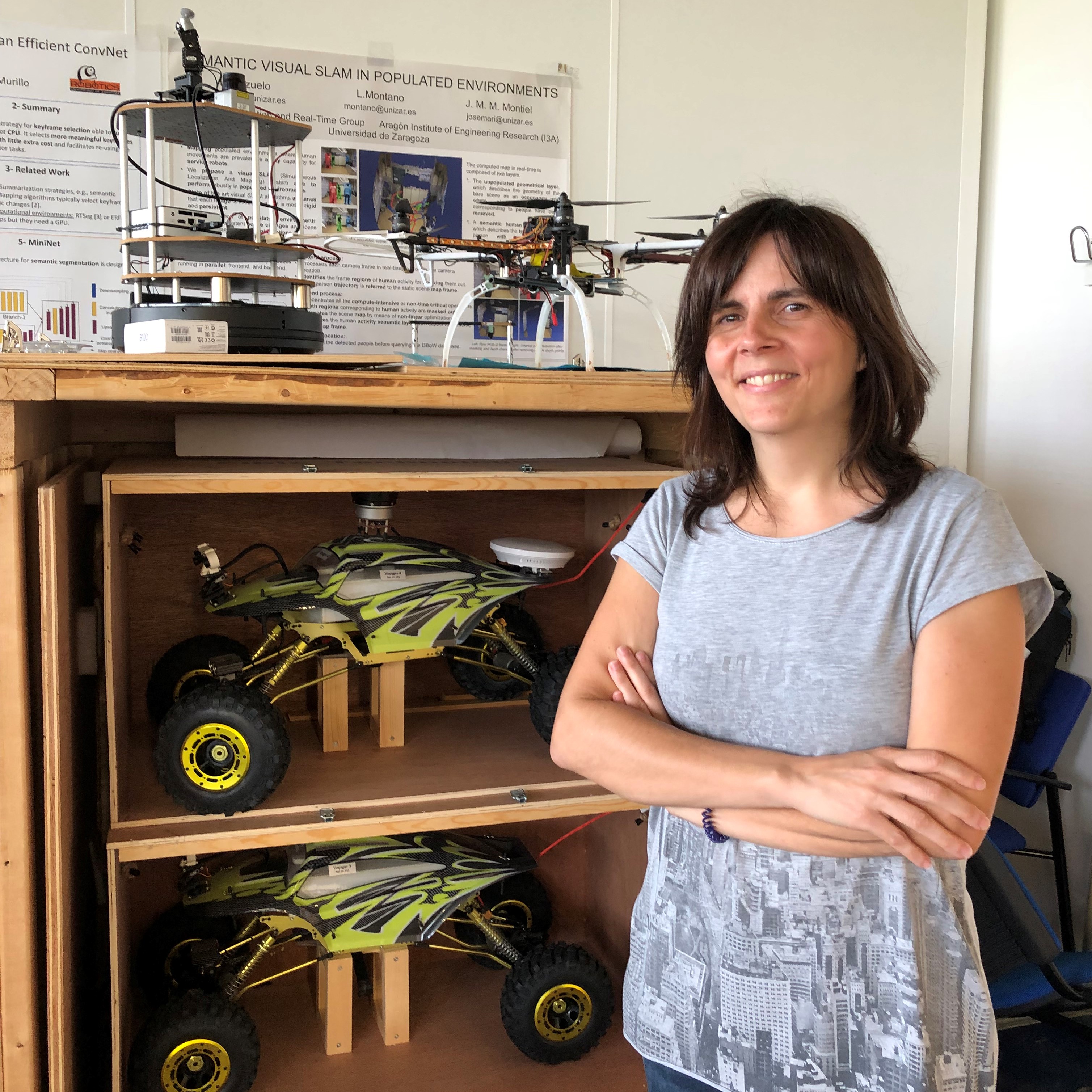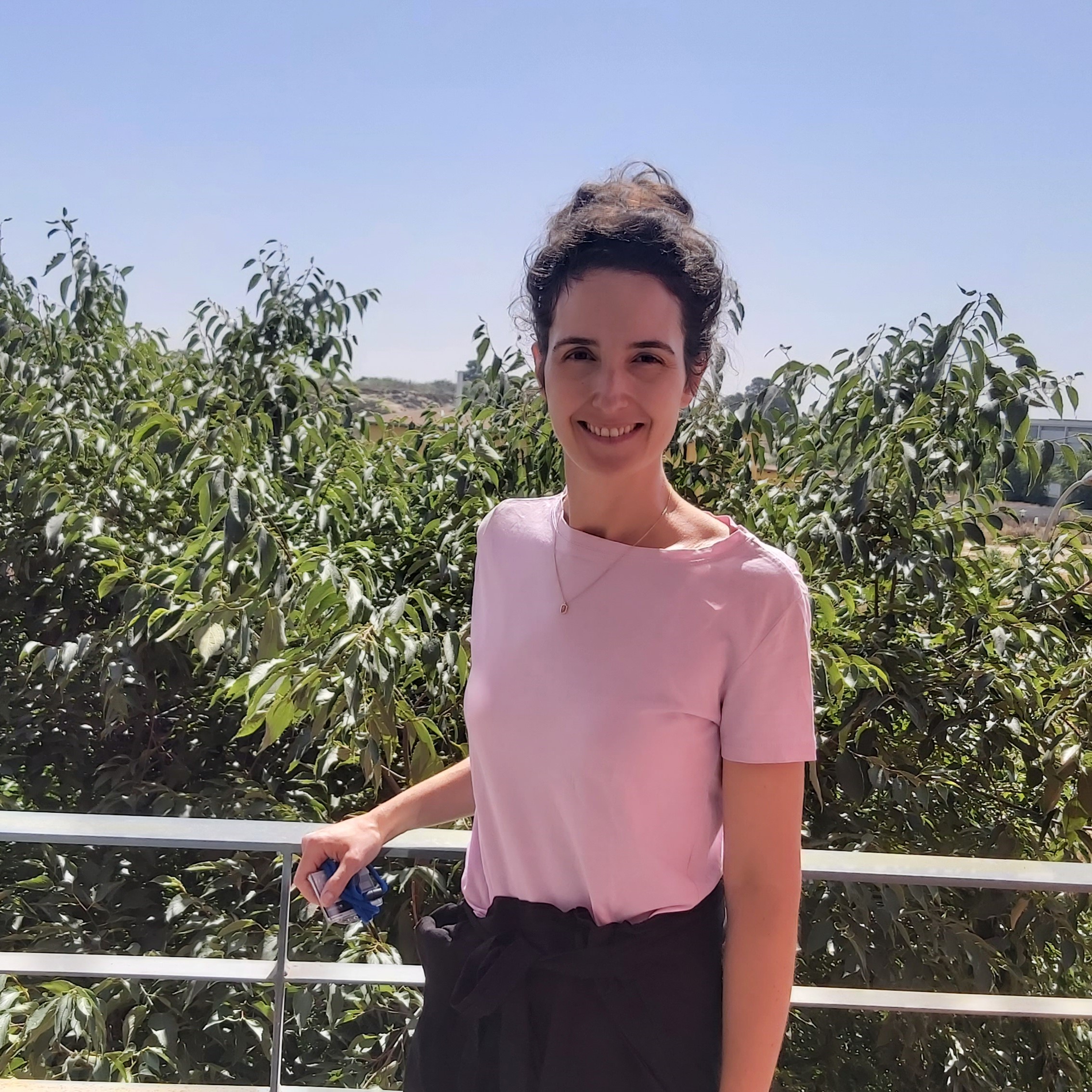
Why did you decide to go into research?
I always liked solving problems or working on new things, and that's what research was: working every day on a different subject, with people from many different places, on certain cutting-edge aspects, solving problems. In the end I got a taste for it and I still do today.
You are part of the RoPeRT group, what are your main lines of research?
We work on the design of new algorithms and artificial intelligence systems applied to robotics. But the group is very broad and not everything we work on is related to robotics. We develop artificial intelligence systems for different fields of application.
How many people are in the group?
There will be more than 60, including professors and PhD students.
Any ongoing projects you would like to highlight.
As we are such a large group, we have many different projects, whose common goal is the development of new intelligent systems. For example, we have several projects focused on the automated monitoring of different environments, for surveillance, security or environmental applications, for example, from industries or shopping centres to caves or aquatic environments, all using different types of robots. Another very interesting project, coordinated by Dr José María Martínez Montiel, in collaboration with other European universities and the Hospital Clínico of Zaragoza, consists of developing new systems to assist doctors in performing and processing endoscopies.
What would you highlight about the Institute?
The support they give us for the management of the projects, in addition to the space, obviously. For example, we now want to build an arena for drones, which is an enclosed space where you can do practice for the automatic drones that you can't take out on the street the first time you test them, and the I3A gives us the opportunity and the space to try to carry it out.
How are the drones you work with?
They are more intelligent and autonomous than the ones we are used to seeing. The idea is that we give both drones and robots autonomy, thanks to the programmes and algorithms that we design. They are in charge of performing tasks that are normally dangerous for people or that humans would be incapable of doing.
What would you say to someone who is thinking of going into research?
There are more and more R&D opportunities for research and development in companies every day. This is partly because the simplest tasks are becoming more automated. Now is a very good moment to go into research, because there are more and more opportunities and demand in industrial environments.
CLOSE UP...
What did you study?: Computer Engineering at the University of Zaragoza.
A goal: One that I had and that I have already achieved is to have fun with the work I do.
A book: Since I have children ... I read Peppa Pig, Paw Patrol, ...
A film: Star Wars, Game of Thrones, but lately I watch more Pixar, Disney and similar films.
Hobbies: Playing with my kids, going out with friends, doing sports, especially swimming and skiing.
Favourite music group: Los Rodriguez in Spanish and many pop-rock groups from California.
A trip: Hawaii.
How would you define yourself: As a hard-working and persistent person.
